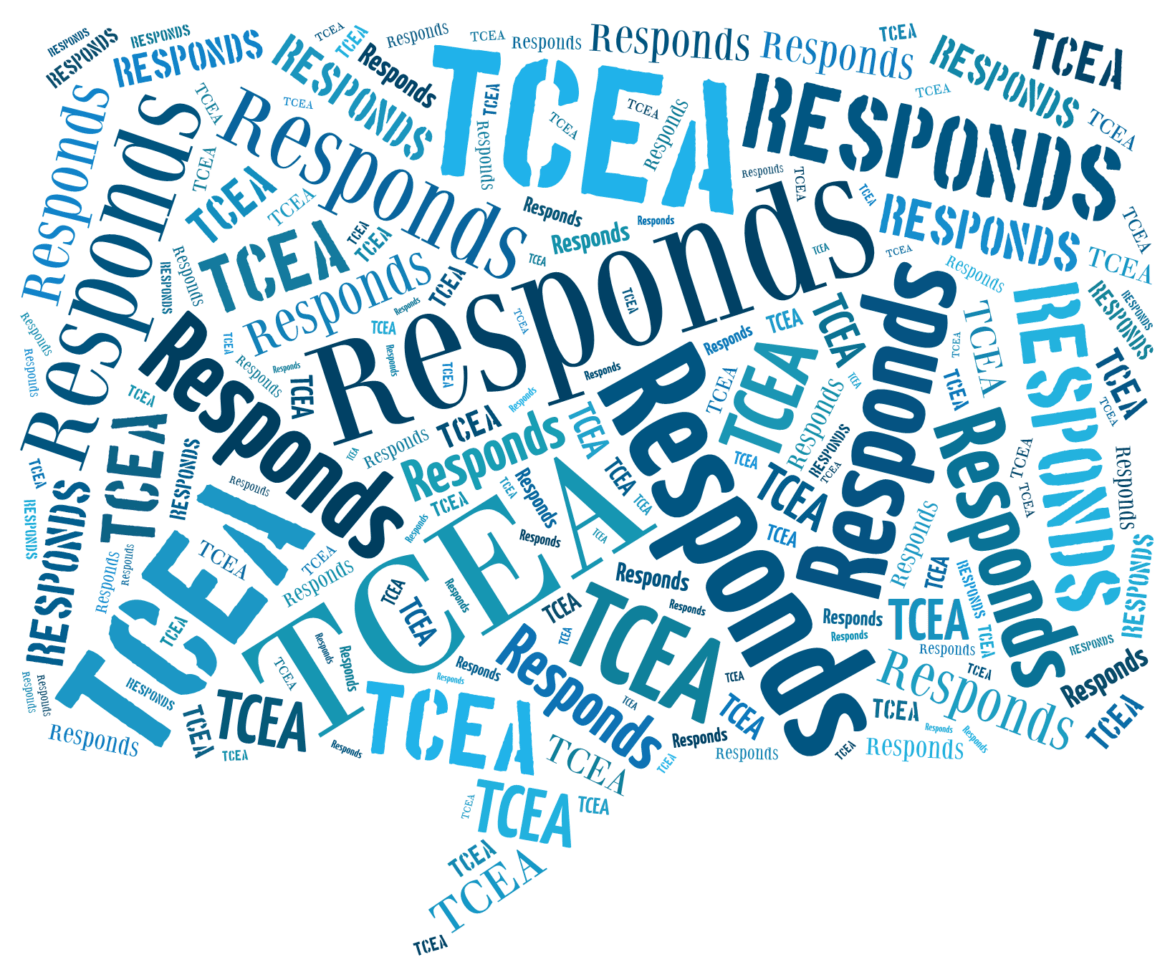In today’s digital world, Texas ISD’s are facing a critical challenge: keeping their digital doors locked tight against cyber threats. These threats are becoming more common and sophisticated by the day. Thankfully, the State and Local Cybersecurity Grant Program (SLCGP) is here to help. With the application deadline of March 14, 2024 fast approaching, let’s dive into why this grant is such an opportunity.
What Is the SLCGP?
First off, thank you to both the federal and state governments for kicking off the SLCGP. This initiative, fueled by the federal Infrastructure Investment and Jobs Act (also known as the Bipartisan Infrastructure Law), is granting $1 billion over four years (2022-2025) to combat cybersecurity risks that target government-operated information systems. For Texas, that means about $40 million dedicated to ramping up our cybersecurity defenses with at least 25% of the total funds made available under the grant being passed through to rural communities.
How This Benefits Texas ISDs
So, why should Texas ISDs jump on this grant? It boils down to the reality of cyber threats. The grant covers everything from ransomware attacks that can lock entire school systems out of their own data to breaches that put students’ and staff’s personal info at risk.
The SLCGP offers a way forward through four key goals:
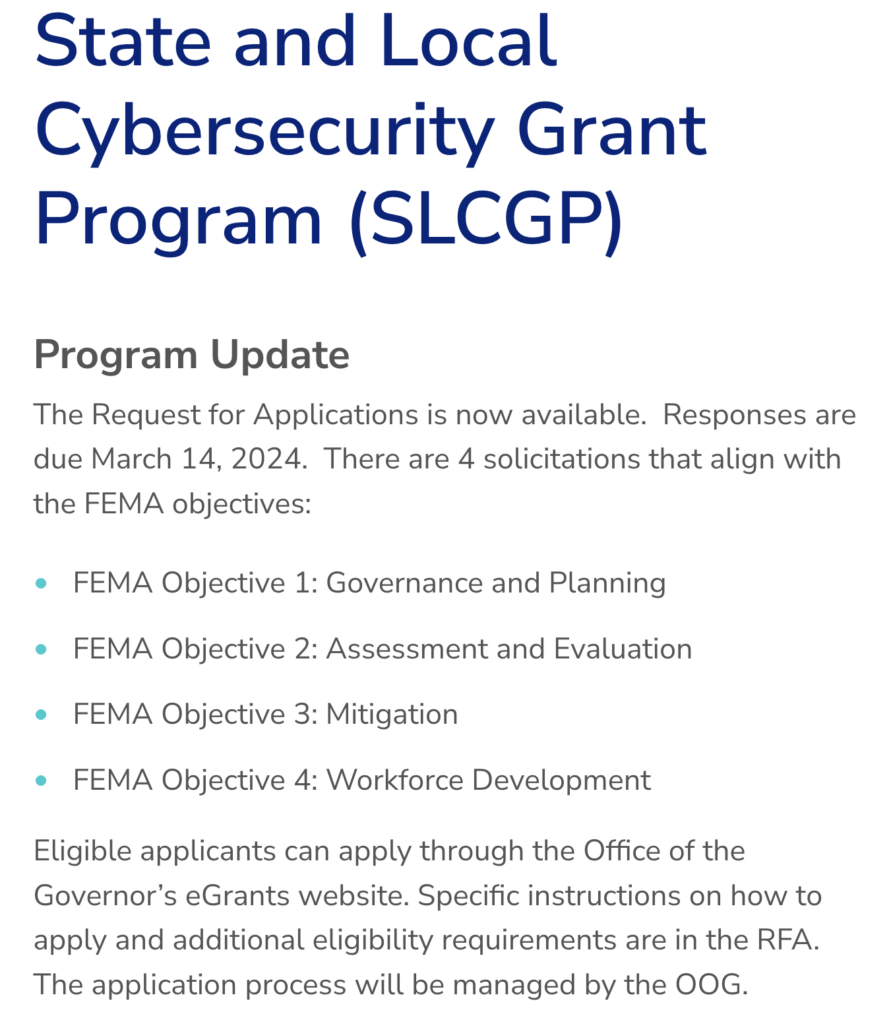
- Governance and Planning
- Assessment and Evaluation
- Mitigation
- Workforce Development
Joining the SLCGP means access to a host of resources to beef up cybersecurity measures. This includes implementing tighter security practices like multi-factor authentication and data encryption, plus getting in on services offered by the Cybersecurity Infrastructure Security Agency (CISA) like web applications and vulnerability scanning. These tools are game-changers for identifying weak spots and bolstering defenses.
How to Apply for the SLCGP
Don’t let this chance slip through your fingers. The process to apply is through the Office of the Governor’s eGrants website. Grab this opportunity to strengthen your digital defenses, keep your students safe, and future-proof your schools.

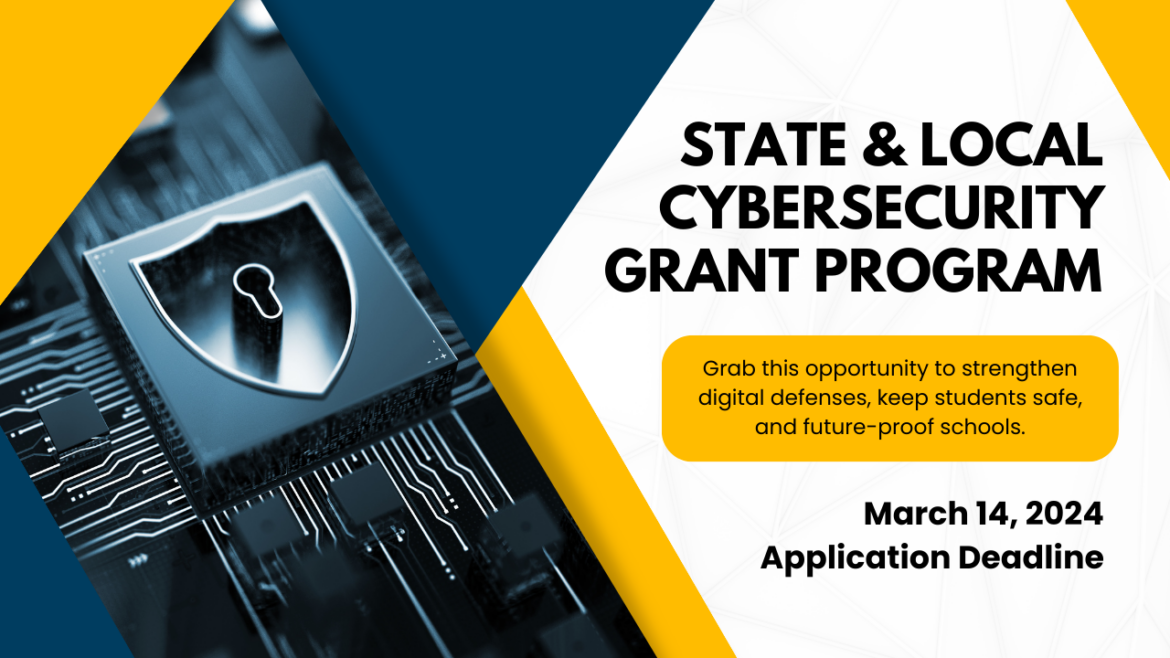
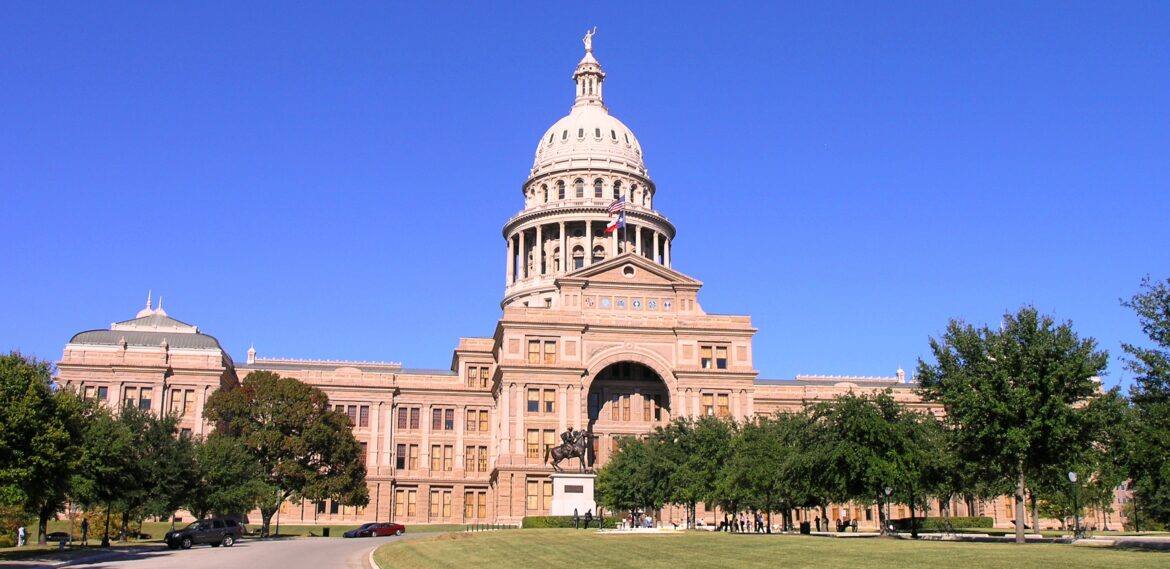
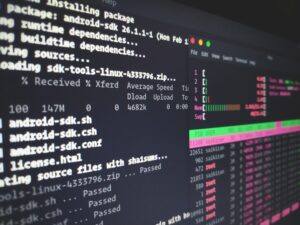 We had some huge wins in the area of computer science and computational thinking this session. Our six-year goal of providing weighted funding for the 9-12 Technology Application courses has finally been achieved. In HB 3, the school finance legislation, the weighted funding for CTE was changed from grades nine through twelve to grades seven through twelve. In addition, the
We had some huge wins in the area of computer science and computational thinking this session. Our six-year goal of providing weighted funding for the 9-12 Technology Application courses has finally been achieved. In HB 3, the school finance legislation, the weighted funding for CTE was changed from grades nine through twelve to grades seven through twelve. In addition, the  There are two pieces of legislation that are going to impact educational broadband. The first is HB 1960 which creates a Governor’s Broadband Council that will advise the governor on issues related to broadband access to unserved areas. This is progress, but not as much as we hoped for. There are few, if any, areas of Texas that are unserved. The original bill included underserved areas, but heavy lobbying by the large telecommunication companies eliminated that language from the bill. However, we consider this progress because we finally have some entity at the state level that will look at the state’s needs for broadband from a strategic perspective. For too long, all state entities have tried to provide affordable, scalable broadband for their own purposes when it would be much more cost efficient to survey the needs across agencies and entities and design a plan to meet all the needs. HB 1960 at least establishes a council that could do this in the future, if given the authority.
There are two pieces of legislation that are going to impact educational broadband. The first is HB 1960 which creates a Governor’s Broadband Council that will advise the governor on issues related to broadband access to unserved areas. This is progress, but not as much as we hoped for. There are few, if any, areas of Texas that are unserved. The original bill included underserved areas, but heavy lobbying by the large telecommunication companies eliminated that language from the bill. However, we consider this progress because we finally have some entity at the state level that will look at the state’s needs for broadband from a strategic perspective. For too long, all state entities have tried to provide affordable, scalable broadband for their own purposes when it would be much more cost efficient to survey the needs across agencies and entities and design a plan to meet all the needs. HB 1960 at least establishes a council that could do this in the future, if given the authority. 
 There are several opportunities in the bills mentioned above that will provide professional development in digital learning. The Blended Learning Grants are largely designed to provide professional development for educators in blended learning, not to mention the funding provided to UTeach to continue to provide this type of training to Texas teachers. Also, this is a good chance to remind districts that the TIMA may be used to provide professional development on the use of technology. In addition to these bills, the legislature passed HB 2424 that requires the SBEC to establish rules to create microcredentials in fields of study related to an educator certification class. This was one of TCEA’s legislative priorities, so we are excited to see this bill pass.
There are several opportunities in the bills mentioned above that will provide professional development in digital learning. The Blended Learning Grants are largely designed to provide professional development for educators in blended learning, not to mention the funding provided to UTeach to continue to provide this type of training to Texas teachers. Also, this is a good chance to remind districts that the TIMA may be used to provide professional development on the use of technology. In addition to these bills, the legislature passed HB 2424 that requires the SBEC to establish rules to create microcredentials in fields of study related to an educator certification class. This was one of TCEA’s legislative priorities, so we are excited to see this bill pass. 

